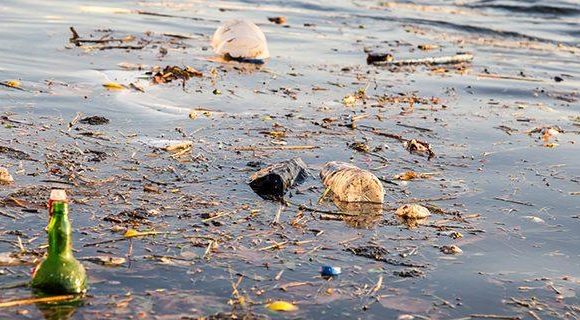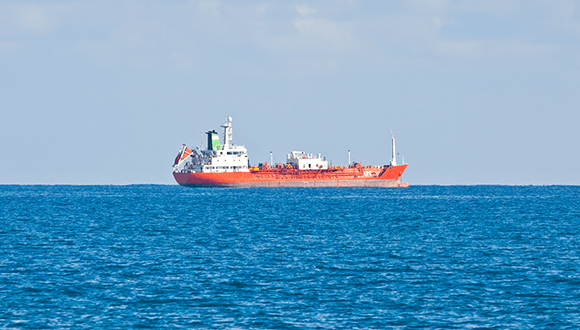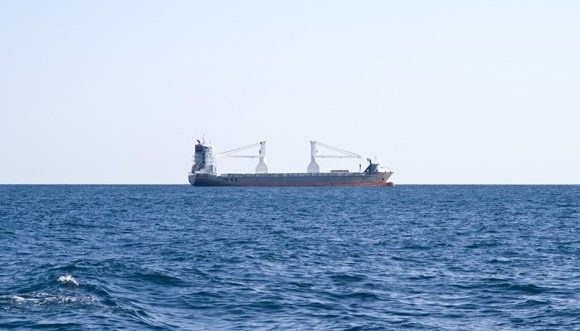Controlling the Sea Vessel Noise Pollution
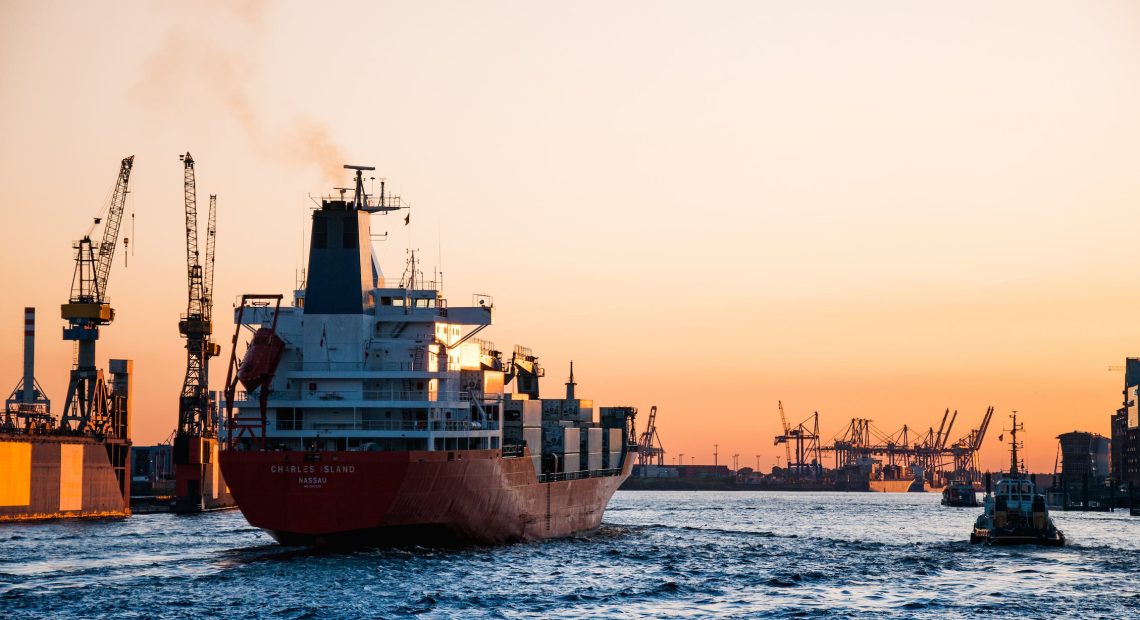
As the world continues to rely heavily on maritime transportation for trade and commerce, the issue of noise pollution from sea vessels has become a growing concern. While noise pollution may seem like a minor issue, it can have a significant impact on marine life, the environment, and even human health. In this article, we will explore the topic of sea vessel noise pollution control, examining its effects and exploring possible solutions to mitigate its impact.
The Effects of Sea Vessel Noise Pollution
Sea vessel noise pollution can have a range of negative effects on the marine environment. One of the most significant impacts is on marine life, particularly on marine mammals like whales, dolphins, and porpoises, which rely on sound for communication, navigation, and finding prey. Exposure to high levels of noise pollution can cause stress, hearing damage, and even death for these animals.
Additionally, noise pollution can also disrupt the behaviour of fish, making it more challenging for them to find food and mates. This can have cascading effects on the food chain, ultimately impacting the entire ecosystem. Studies have shown that sea vessel noise pollution can also lead to changes in the behaviour and distribution of seabirds, which can have long-term consequences for their populations.
Beyond its impact on marine life, noise pollution from sea vessels can also have negative effects on human health. People living near ports or other areas with heavy maritime traffic can be exposed to high levels of noise pollution, which can lead to hearing loss, stress, and sleep disturbances. Noise pollution can also impact the tourism industry, as the noise from ships can be a deterrent for visitors looking for peaceful and quiet environments.
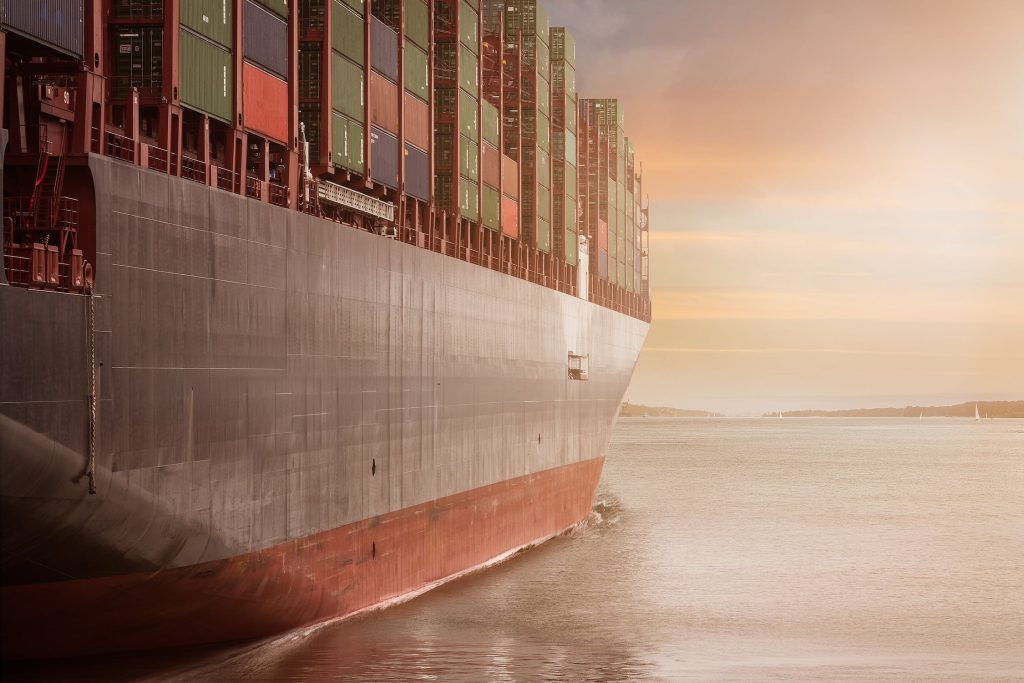
Possible Solutions for Sea Vessel Noise Pollution Control
There are several possible solutions for sea vessel noise pollution control, ranging from technological advancements to policy changes. Here are some of the most promising approaches:
Improving vessel design and technology: One of the most effective ways to reduce noise pollution from sea vessels is to design ships that are quieter and more efficient. Advances in technology have already led to the development of quieter engines and propellers, as well as hull designs that reduce noise and vibration. By continuing to invest in research and development, we can make ships even quieter and more eco-friendly.
Implementing speed restrictions: Slowing down ships can reduce the amount of noise they produce, as well as lower their fuel consumption and carbon emissions. Speed restrictions have already been implemented in some areas, such as the St. Lawrence River in Canada, with positive results for both the environment and local communities.
Using alternative fuels: Switching to alternative fuels like liquefied natural gas (LNG) or hydrogen can significantly reduce the amount of noise and emissions produced by ships. While this transition may be costly in the short term, it can ultimately lead to long-term savings and benefits for the environment.
Implementing noise reduction technology: Another approach to sea vessel noise pollution control is to implement noise reduction technology, such as acoustic curtains or bubble curtains. These devices can reduce the amount of noise that reaches the water, minimising its impact on marine life.
Enforcing noise pollution regulations: Finally, it is essential to enforce existing noise pollution regulations and implement new ones where necessary. Governments can require ships to meet certain noise standards, as well as impose fines or other penalties for non-compliance. Additionally, policymakers can work with industry stakeholders to develop voluntary measures to reduce noise pollution.
Conclusion
Sea vessel noise pollution is a significant issue that requires attention from policymakers, industry leaders, and the general public. By implementing technological advancements, policy changes, and best practices, we can reduce the impact of noise pollution on marine life, the environment, and human health. As we continue to rely on maritime transportation, it is crucial to prioritise sustainability and consider the broader impacts of our actions on the world around us.
Resources
Controlling underwater noise
Heddle Marine And Thordon Bearings Team Up To Convert Ships To Pollution Free Propeller Shaft Lines

